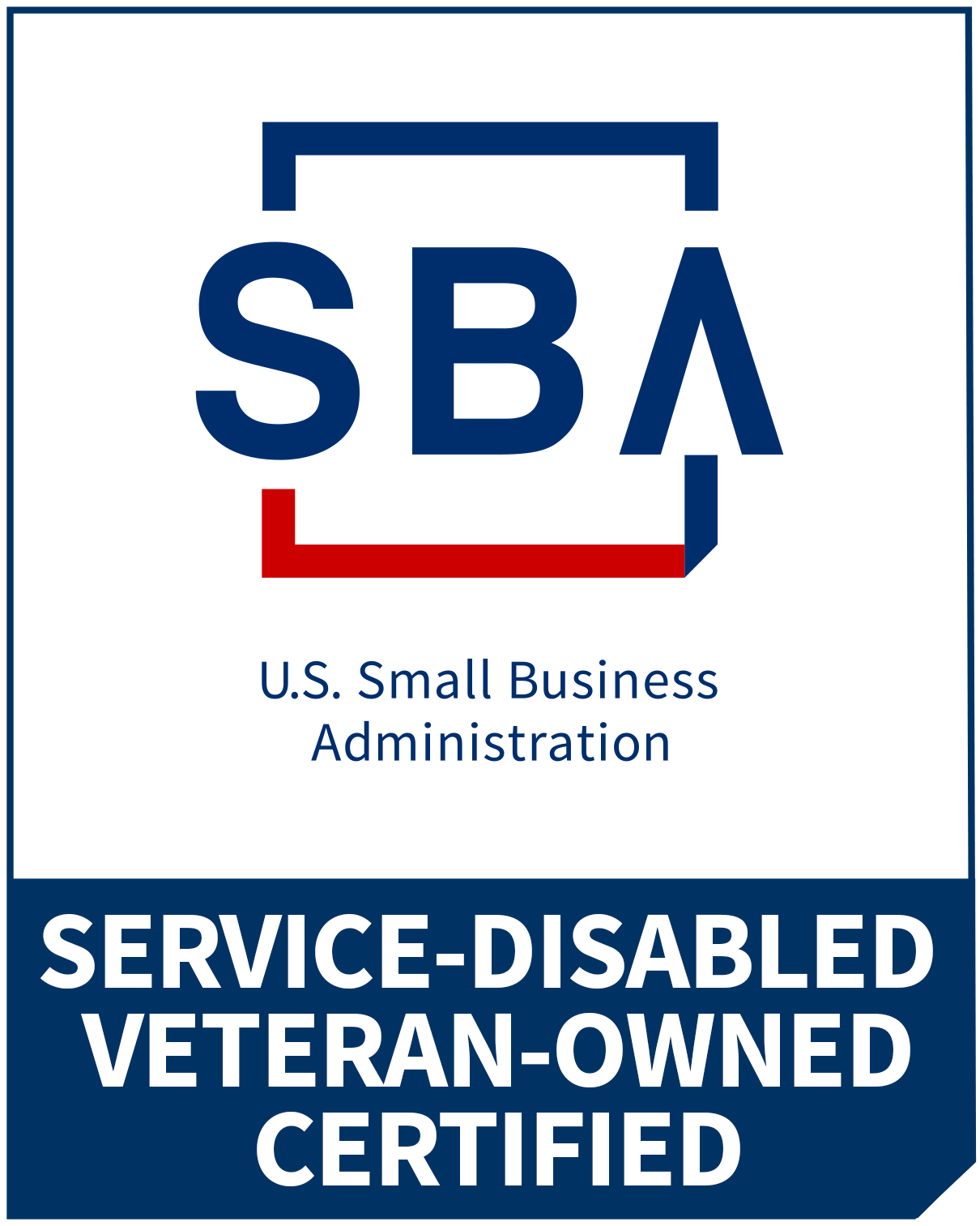Last week I wrote about an interaction I had with a large well-known brand that provides services for homeowners. It was a cautionary tale about how challenging it is to actually communicate with some brands.
A brief overview of that instance: At home, we had a service provider with which we’d had a pretty mundane failure, and they fixed us up right away. In the course of that incident, however, we discovered a more severe potential issue, but we had no way to communicate—or even look into—our concern about that, because it wasn’t related to the actual support incident itself and Support was actually an impediment to us addressing it. Again, that brand is a huge, well-known name in their market, and my conclusion was that they likely simply didn’t care because they were so big; corporate inertia, and so forth.
As it happens, at about the same time we also had an incident with a smaller, start-up brand, that just happens to be in the home-services sector as well. This is that story, which actually has some curious similarities, even though the brands are in such different places.
Similar to the bigger brand, we had a system failure, and the support team was helpful, eager, and quick to help us get back online. But also similarly we learned that the company wasn’t actually monitoring our system in the way we’d describe as…well, monitoring. We only discovered the system was down by happenstance (happened to check the app), when we would have expected the system to alert us, were it actually being monitored.
Once again I had questions as well as potential feedback, and for that matter a potential decision to make as to whether we stayed with this brand, aside from our otherwise good experience with their support team.
Unlike the huge brand from last week, this was a start-up tech company with literally fewer than 50 employees. I’d mentioned in my previous article that I wasn’t expecting to speak with, say, the big brand’s head of sales. Even here, at this smaller, more nimble company, even though I knew that the person who was helping me with my tech support issue (he was a supervisor there) most likely actually knew the CEO of the company personally, I also wasn’t looking to talk to him nor any of their other bigwigs. I asked if he could put me in touch with someone in the product organization. My intention was frankly to leverage their size and probable agility in hopes of breaking through in a way I’m sure would have been impossible with that other larger company. I wanted to let them know, and have a conversation about, how this missing piece of service impacted Customers and that it should be prioritized for correction. Mostly, I wanted to have a dialog, not simply register a complaint.
Once again, though, even with this smaller organization, I ran into a brick wall.
This time, however, I was a bit more direct in what I wanted to do. Given the small and new nature of the organization, I felt that if I could speak with the right person, he or she would directly have a say in their updates and upgrades. I’d actually stand a chance to inject myself into their product development process itself. Unlike the bigger company, where such development is long in coming to market, these folks were surely nimble and agile. Now, I knew I had other ways of reaching someone high-up in the organization because some of them show up in my LinkedIn network (connections of connections). But just as with the big company, I figured I’d see about leveraging someone in support to help me make inroads and possibly offer a hand-off. After all, I had a ticket open with them anyway, so there’d already be some background. Naturally, I wasn’t expecting the guy in support to say, Sure, let me introduce you to our Chief Product Officer, copied herein. But, given how small the organization was, I asked if he’d pass my contact information to one of a couple of folks I knew to be in the decision-making ecosystem of the organization. He refused. He would take care of my issue, he said, and pass along my concerns. I could have turned this into an executive escalation, but didn’t want to cause ruffles unnecessarily. Plus, I wanted to see if this organzation was Customer-centric and dynamic enough to see the opportunity here.
I explained to him that I no longer had an issue (not a support issue, at least). But what I did have was a reason potentially to not be a Customer of theirs anymore unless they were planning to offer the sort of service I was seeking. But there was no way out…he was not going to offer me a way to be heard and have an actual conversation with anyone but him. He offered to “pass along my feedback,” but didn’t understand that feedback wasn’t my point: I was looking for a conversation. His job was as a gatekeeper…or at least that’s how he saw his job.
That situation, as I write, is still a little fluid since I still have other ways of reaching these folks. But given that the organization, even so early in its life, has already started to build greater allegiance to its processes and reporting structures than to its Customers, I’m not fully sure I want to continue with them. That’s a shame too, because otherwise their product and service are pretty cool and clever. With enhanced monitoring, it’d be even more appealing. And what’s more, if I could have spoken with someone who’s playing a role in their product development (much more likely than, say, with that other behemoth company), there would have been a good chance that this improvement would actually happen.
If I end up finding a different provider, I may switch. And much like with the large company, I’m less likely to be sanguine about the choice: Sometimes it’s just because they don’t have what you want and it’s kind of a shame and you move on to a competitor, no hard feelings. But here, their character makes it clear that, even if they did have what I want, they’re likely not the sort of organization who’ll be there for me and help when I need it. And that’s a shame to see already in such a young organization.





